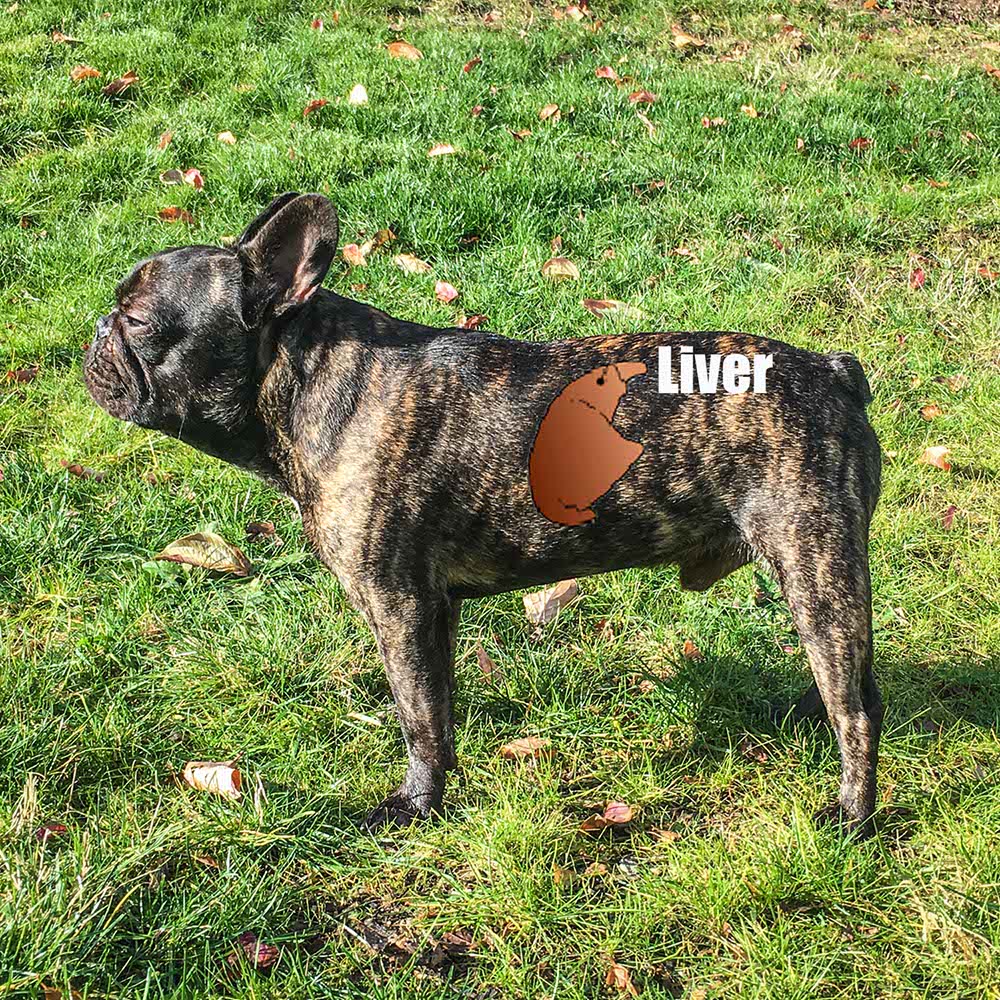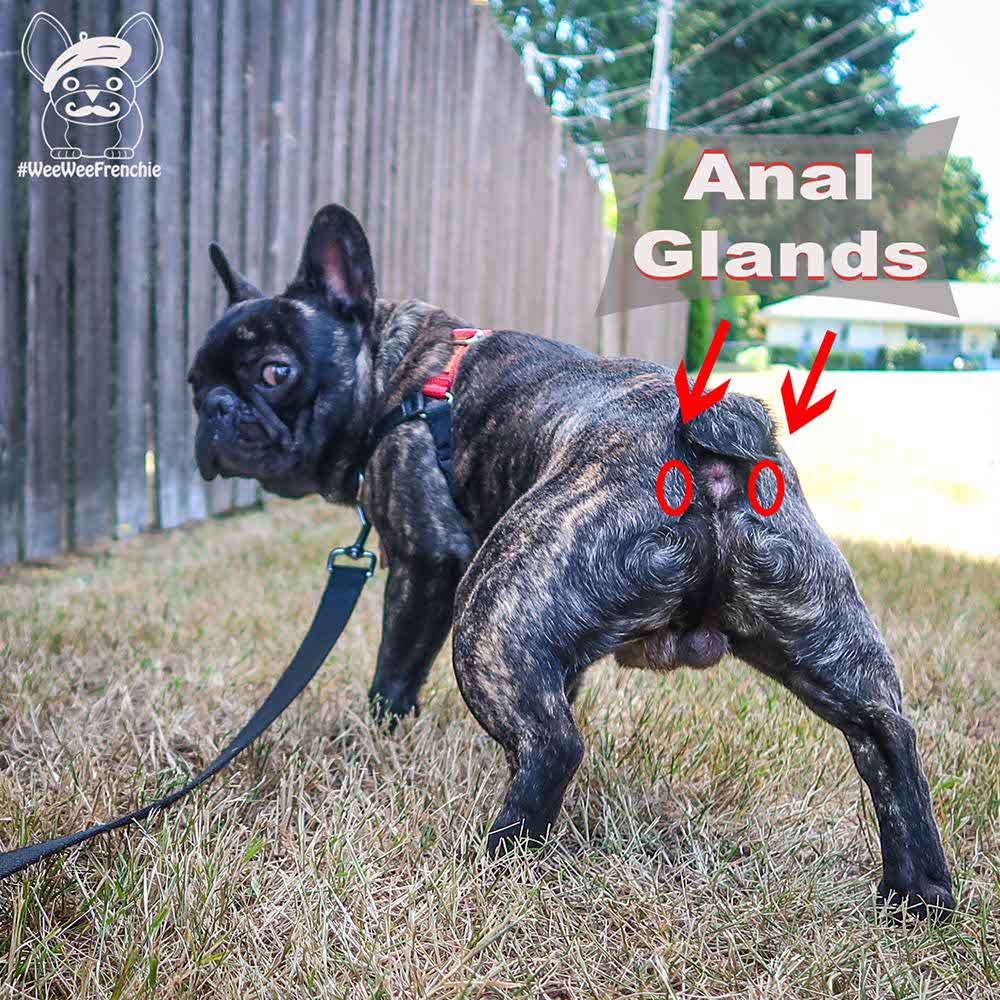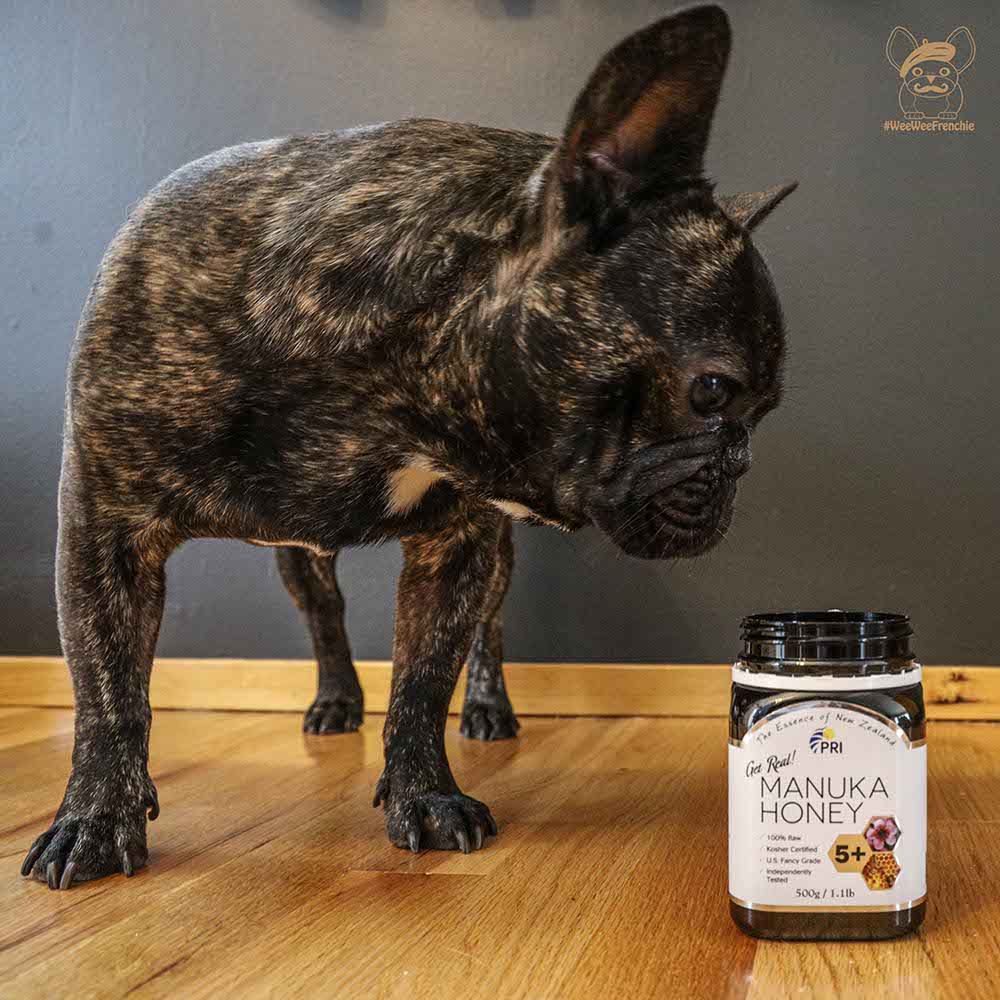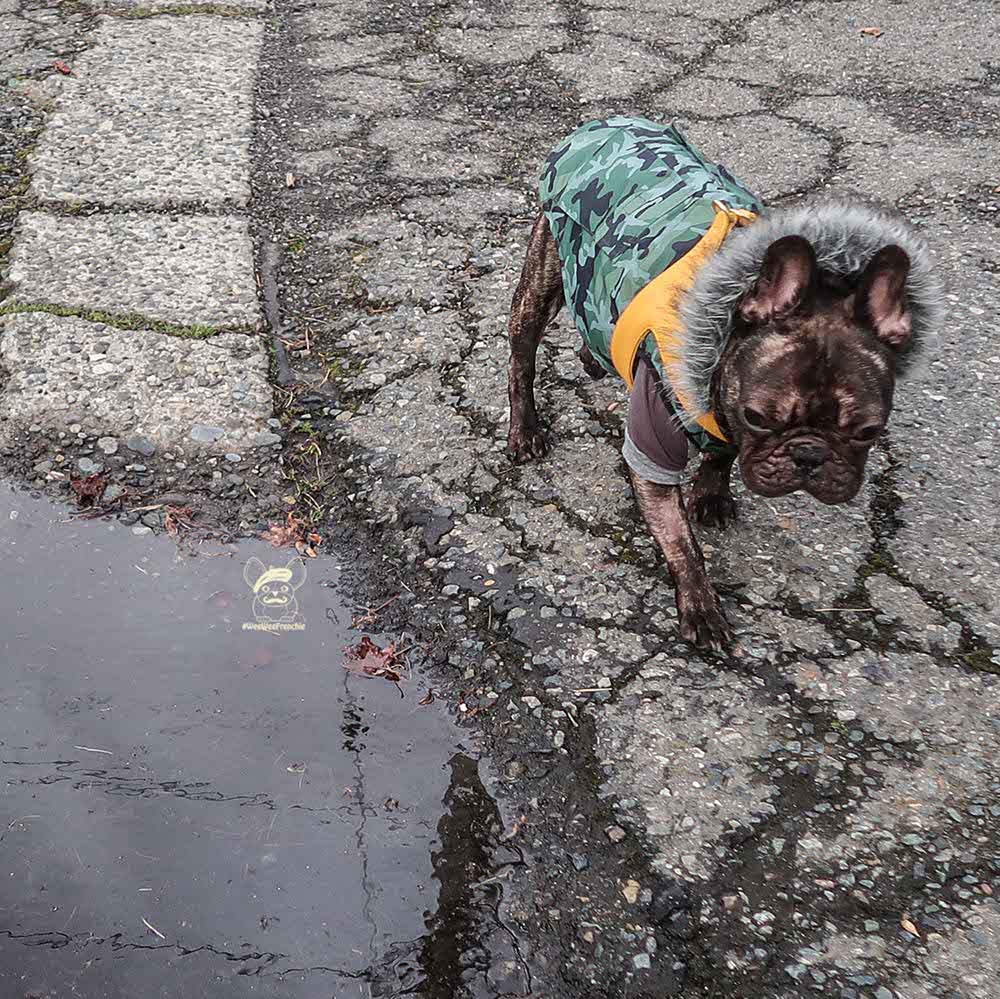Liver Biopsies in Dogs
Your dog may be acting normal. There is no sign or symptom that something is wrong. But the vet ordered a blood draw to assess the health of your dog. The results are in. Your dog has elevated liver enzymes! What are the next steps for your dog?

Causes of Liver Disease
- Infection (viral, bacterial, or skin infections)
- Abnormalities of the heart
- Dental issues
- Genetics &/or inbreeding
- Medications like anti-seizure drugs and steroids
Temporary elevations in liver enzymes are normal, especially during times of illness. Yet bigger issues can develop if liver enzymes stay elevated or continue to rise. This could lead to hepatitis and a reduced life span.
To avoid permanent injury to the liver, diagnostic tests will be ordered. A laparoscopic liver biopsy is a fast and easy way to assess the liver. The procedure is quick (usually under 30 minutes), and only 2-3 small incisions are needed. This is minimally invasive, and your dog will go home within a few hours post-procedure.
A laparoscopic biopsy can be very useful in diagnosis because it uses cameras to get images of the liver. Needles get small samples of the liver for further testing. The images and lab results will determine if there is permanent injury or a short-term illness.
Laparoscopic biopsies are considered safe. It’s a very quick procedure, usually completed in 15 minutes. Since only a few small incisions are made in the abdomen, the risk of infection is low. Your dog will likely be sore for the next few days, and play should be limited. Because the procedure is performed under general anesthesia, the procedure is considered safer in brachycephalic breeds.
It is important to move quickly when assessing the liver to avoid chronic injury. The longer that the liver stays ill, the more likely that permanent illness will remain.
Talk with your veterinarian about what next steps you should take in evaluating your dog. Some dogs need certain medications to manage their illness. The faster that you treat liver disease, the better the prognosis for your dog.
This blog is for informational purposes only. The information given should not be used as a substitute for veterinary evaluation.




